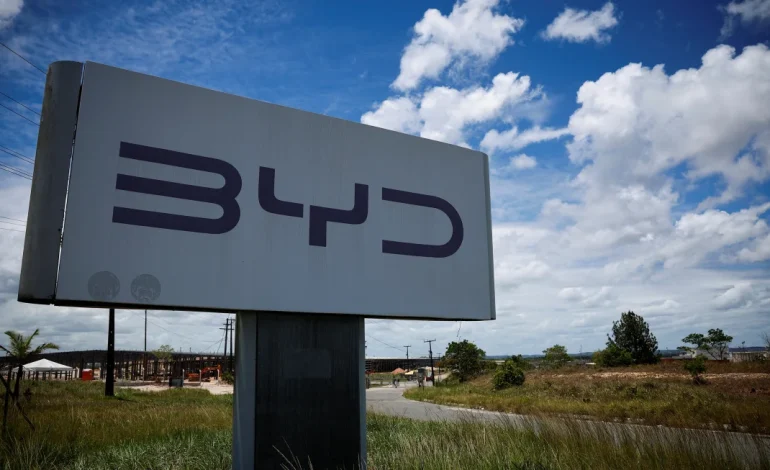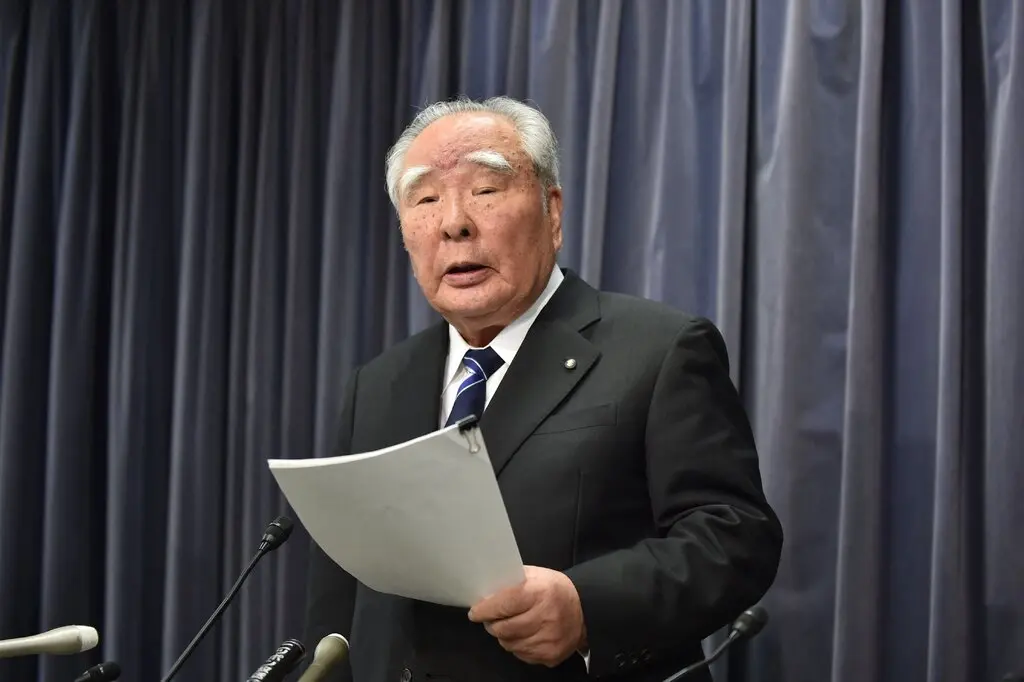Contractor for BYD Rejects ‘Slavery-like Conditions’ Allegations from Brazilian Authorities

Jinjiang Group, a contractor for Chinese electric vehicle giant BYD, has denied claims made by Brazilian labor authorities that its workers were subjected to “slavery-like conditions” at a construction site for a new BYD factory in Brazil, CNN reports.
The company argued that the accusations were based on misunderstandings, including issues related to translation, and that the portrayal of their employees was inaccurate.
Brazilian labor authorities announced on Wednesday that they had discovered 163 Chinese nationals working under conditions they deemed equivalent to slavery at the site of a BYD-owned factory in Bahia state. In response, BYD announced it had severed its ties with the contractor responsible for employing the workers and was cooperating with the investigation.
Jinjiang, however, strongly refuted the allegations, stating that the term “enslaved” was a mischaracterization of the situation. The company argued that the charges had insulted the dignity of its workers and the Chinese people as a whole. On its official Weibo account, Jinjiang expressed its disappointment, saying:
“Being unjustly labeled as ‘enslaved’ has made our employees feel that their dignity has been insulted and their human rights violated.”
They also shared a joint letter from the workers themselves, emphasizing their respect for the company and their positive experience working at the site.
The statement was further supported by Li Yunfei, the general manager of branding and public relations at BYD, who posted the message on his own Weibo account. In his post, Li accused certain foreign forces and some Chinese media outlets of attempting to tarnish Chinese brands and damage diplomatic relations between China and Brazil.
Jinjiang attributed the misunderstandings to translation issues and cultural differences. The company suggested that questions posed by Brazilian inspectors were “suggestive,” and it emphasized that the workers’ passports had been handed over voluntarily for assistance with applying for temporary identification documents, not withheld as reported by the labor inspectors. To further clarify, Jinjiang released a video in which workers expressed satisfaction with their work conditions. One worker mentioned:
“We have been complying with laws and regulations, working hard during the period with a hope that the construction of the biggest new energy vehicle project in Brazil could be completed as soon as possible.”
BYD, a major player in the global electric vehicle market, has been constructing the factory in Brazil, which is expected to have an annual capacity of producing 150,000 vehicles when it begins operations in 2024 or early 2025. Brazil is a key market for BYD, as it is the company’s largest overseas market. The factory is part of BYD’s broader expansion efforts in the region, which includes plans to benefit from tariff incentives for locally produced electric vehicles.
In response to the controversy, a spokesperson from the Chinese foreign ministry stated that the Chinese embassy in Brazil was in communication with local authorities to verify the situation and ensure it was addressed appropriately.








